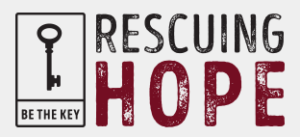Opioids
In 2020, nearly 92,000 people died from drug overdoses, making it a leading cause of injury-related death in the United States. Of those deaths, nearly 75% involved a prescription or illicit opioid. Drug overdose deaths continue to increase in the United States.
Signs of Opioid Use Disorder
NWGA DPH Opioid Program Mobile App
Signs of Opioid Overdose
Naloxone
Georgia Amnesty Law
Signs of Opioid Use Disorder (OUD):
• Inability to control opioid use
• Uncontrollable cravings
• Drowsiness
• Changes in sleep habits
• Weight loss
• Swings in mood
• Frequent flu-like symptoms
• Decreased libido
• Lack of hygiene
• Changes in exercise habits
• Isolation from family or friends
• Stealing from family, friends or businesses
• New financial difficulties
How to get Help:
NWGA DPH Opioid Program Mobile App
The NWGA DPH Opioid Program Mobile App is a free, informative, and helpful collection of news, resources, and tips pertaining to opioids. There are searchable maps for the district, feeds of the latest opioid and pandemic news, checklists and FAQs, and videos.
The NWGA DPH Opioid Program App “Stories of Recovery” series is a collection of district-wide testimonials for inspiration, encouragement, and hope for those struggling with substance use disorder, seeking recovery, or loved ones supporting someone in this situation. You can view the series on our app or here.
Signs of Opioid Overdose:
• Shallow breathing
• Falling asleep or loss of consciousness
• Small “pinpoint pupils”
• Choking or gurgling sounds
• Limp body
• Pale, blue or cold skin
What to Do If You Suspect an Overdose:
1. Call 911 immediately
2. Administer naloxone, if available
3. Try to keep the person awake and breathing
4. Lay the person on their side to prevent choking
5. Stay with him or her until emergency assistance arrives
Naloxone
In nearly 40% of overdose deaths, someone else was present. Having naloxone available allows bystanders to help a fatal overdose and save lives. Learn more: Naloxone Fact Sheet.
Georgia 911 Medical Amnesty and Expanded Naloxone Access Law protects you! 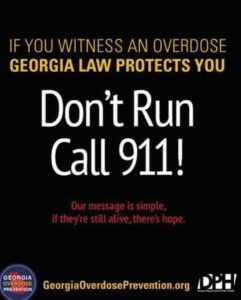
The Georgia 911 Medical Amnesty and Expanded Naloxone Access Law protects you when you call 911 for help at an alcohol or drug overdose scene. This law states that the caller and the victim cannot be arrested, charged or prosecuted, when you call 911 for medical assistance at the scene of a suspected overdose, if law enforcement finds personal use amounts of drug paraphernalia. Anyone in Georgia who knows a person at risk of opioid overdose can legally obtain and administer naloxone to a person believed to be suffering an opioid overdose. Naloxone is available at Georgia pharmacies without a prescription. (It will be behind the pharmacy counter).
For more information, visit www.georgiaoverdoseprevention.org.

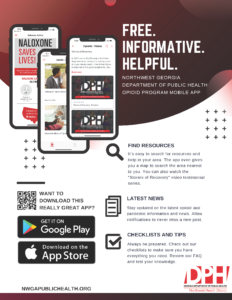
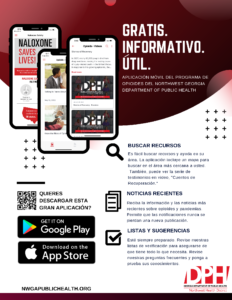
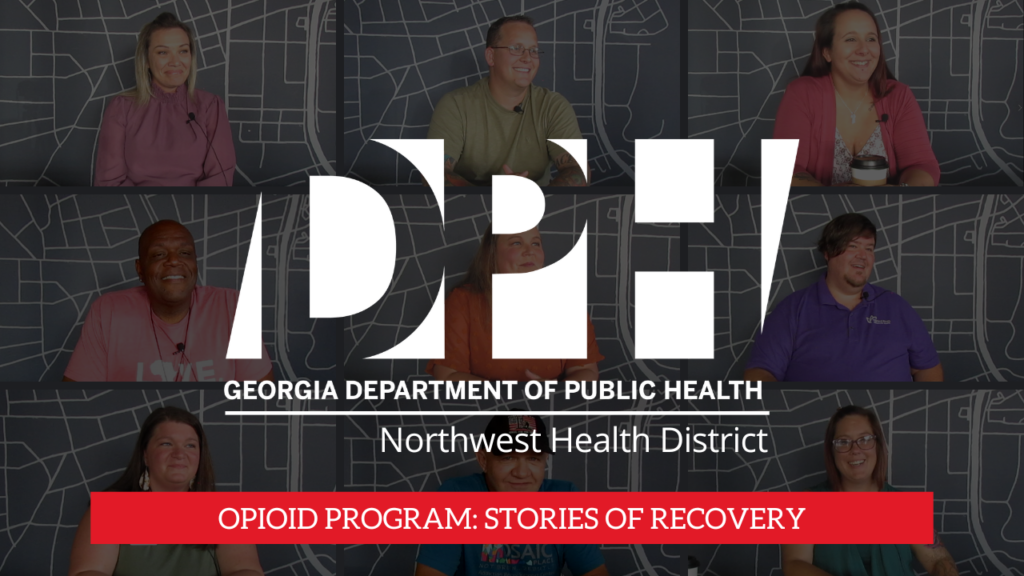
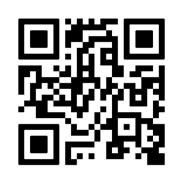


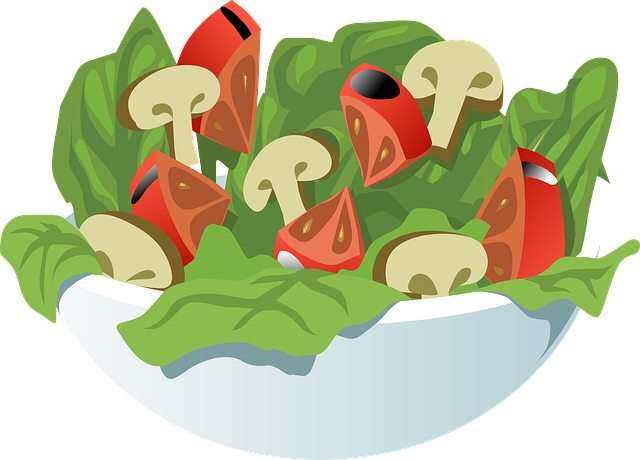 Quickly find and check the scores for restaurants in our area.
Quickly find and check the scores for restaurants in our area.
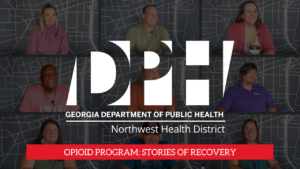
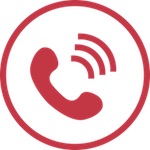 Are you or someone you know being forced to work for little or no pay and cannot leave?
Are you or someone you know being forced to work for little or no pay and cannot leave?